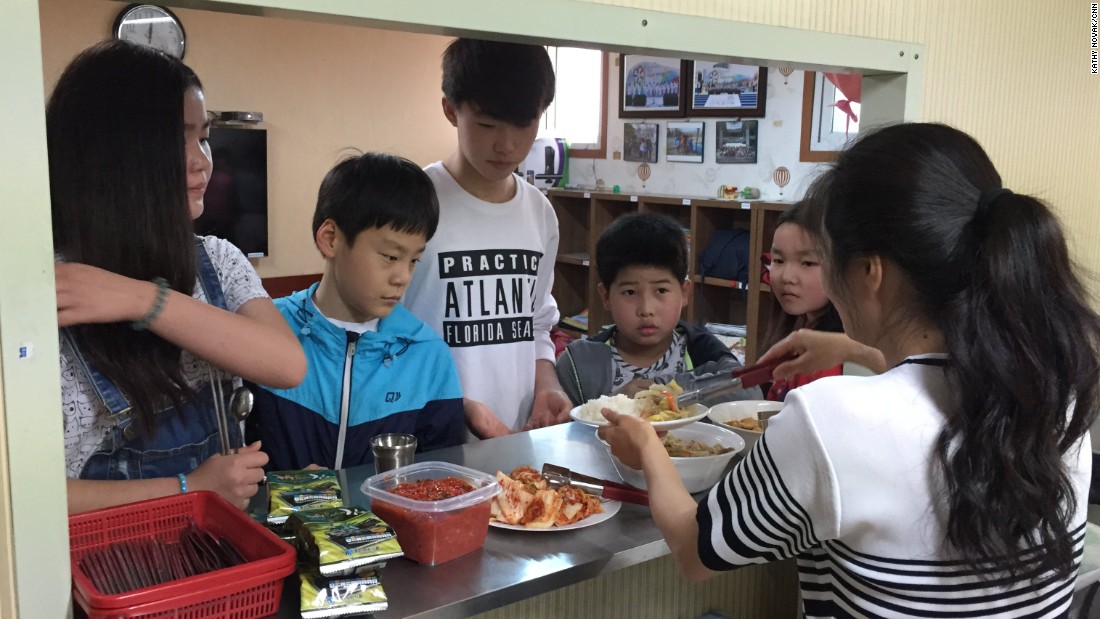Bridging the gap: Where young defectors go to school in South Korea
Inside a small, nondescript building in a suburb of Seoul, students are learning the basics of Korean language. Fourteen-year-old Lee Yoo-jung introduces herself in Korean, but is not confident enough to say much more. Speaking in Mandarin, Yoo-jung explains that her mother made the risky journey across the border from North Korea to China. So Yoo-jung only knows about her homeland from her mother's stories. "She said that in the past, they didn't have food to eat," she said. Getting out of North Korea was only part of the battle. Fifteen-year-old Cha Yun-ha explains, "If you live in China, there are people who seize North Koreans. Once you are caught, you are sent back." Children relax in their spare time at the Kumgang school in Seoul. Trouble fitting in Born in China, Yun-ha travelled through China to Thailand and on to South Korea three years ago. Her mother left China first, and Yun-ha followed with a group of South Koreans. Her grasp of Korean is slowly improving. But she's found it hard to settle in with the local children, some of whom have picked up on her strange accent and lack of local knowledge. "Sometimes they make fun of my imperfect Korean," she said. "I hear them saying 'Why is this Chinese person here in Korea? Go back to China.'" Even for those who grew up speaking Korean, there are differences in how it is used North and South of the border -- especially in textbooks. That is part of the reason that North Korean children find themselves struggling at South Korean schools. Children queue for lunch at the Kumgang school in Seoul. Bridging the gap The principal of Kumgang school, Chu Myung-wha, was once a teacher in the North. She says, "In North Korea, the most important subject of study is learning about the revolutionary history of Kim Il-Sung and Kim Jong-Il." She defected seven years ago because she didn't see a future for her own daughter. "When I thought about her future, there was no hope," Chu said. "I wanted her to have a proper education and for her to be happy." Chu set up the school to help young North Koreans adjust to the education system and the way of life in South Korea. Right now, there are about 40 students, from primary school age to around 17 years old. North Korean kids taught devotion to the supreme leader 02:36 PLAY VIDEO Chu provides meals and even a place to sleep for the children. Some of them live at the school because their parents are far away, or just need their own time to settle in and find jobs. The principal explains that with the many cultural differences, it can be tough for a defector to fit in. "It is not easy. It is very difficult. There are many days when I cry alone. Some days it is very painful and I cannot help but ask myself, why do I live like this? But there are people around me who give me support and that helps a great deal. So I am still adjusting." She hopes that with help from her school, it might not be quite as bad for the children, who seem to be enjoying the access to cartoons, computer games and K-pop. Yoo-jung wants to be a singer herself when she grows up. Her favorite group? Exo, the boy-band with Chinese and South Korean sub-groups, who perform songs in Mandarin as well as Korean. News Courtesy: www.cnn.com











